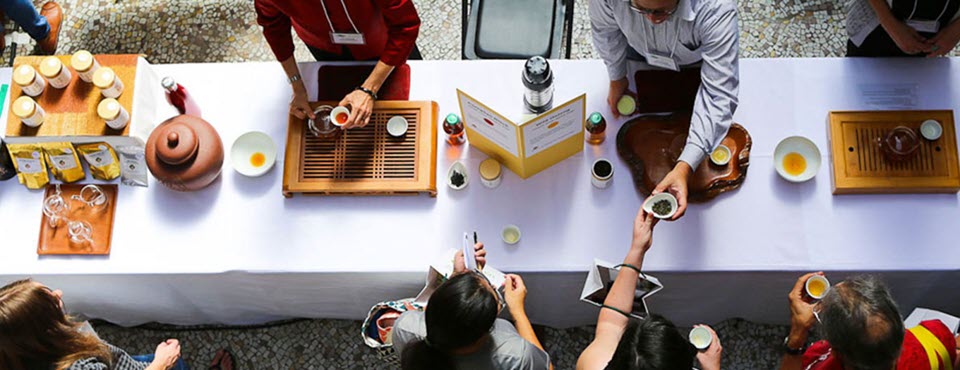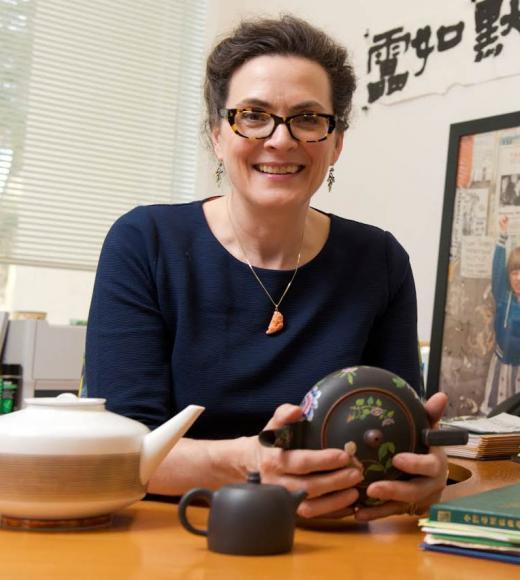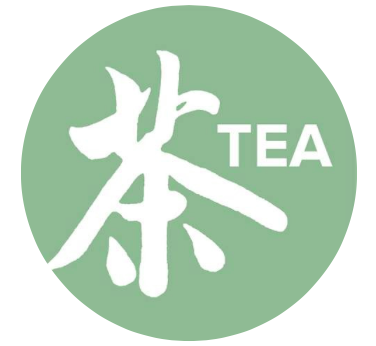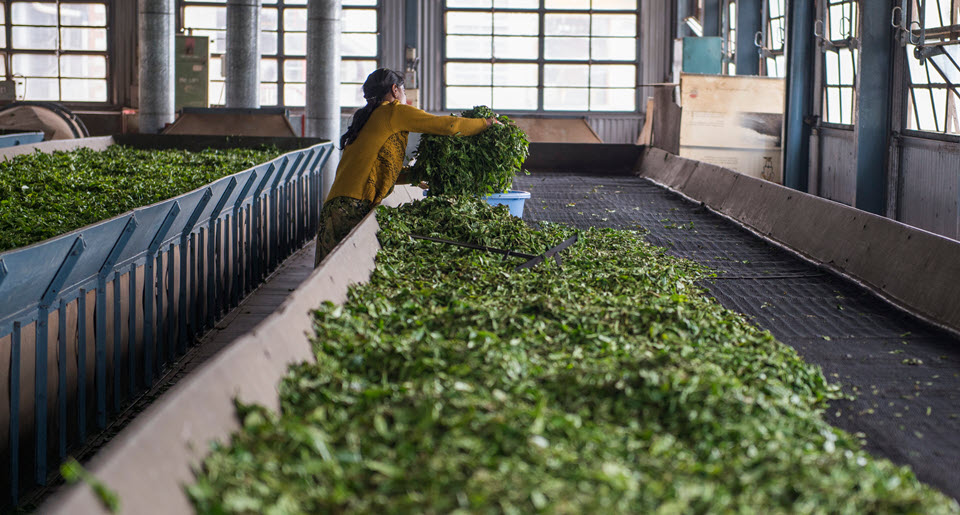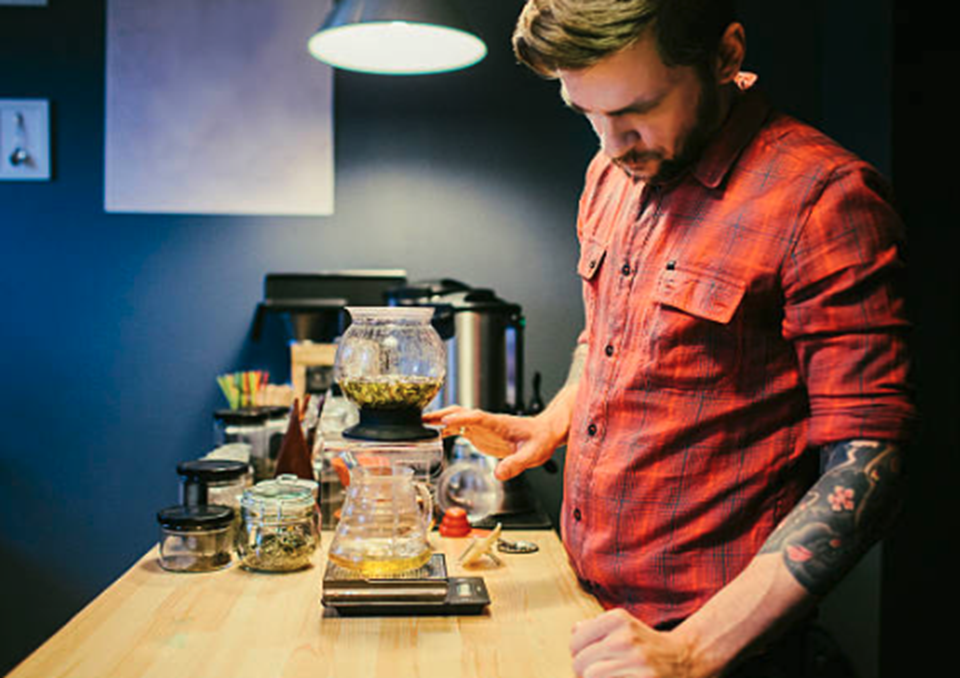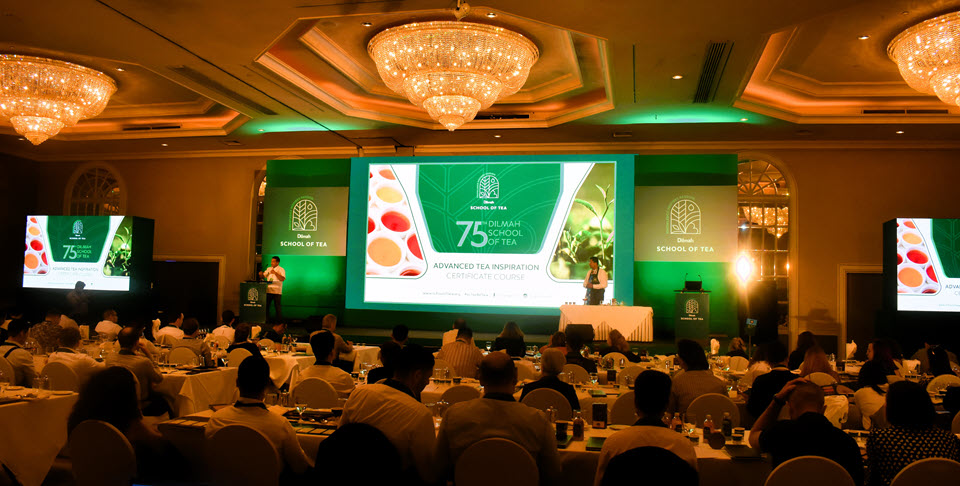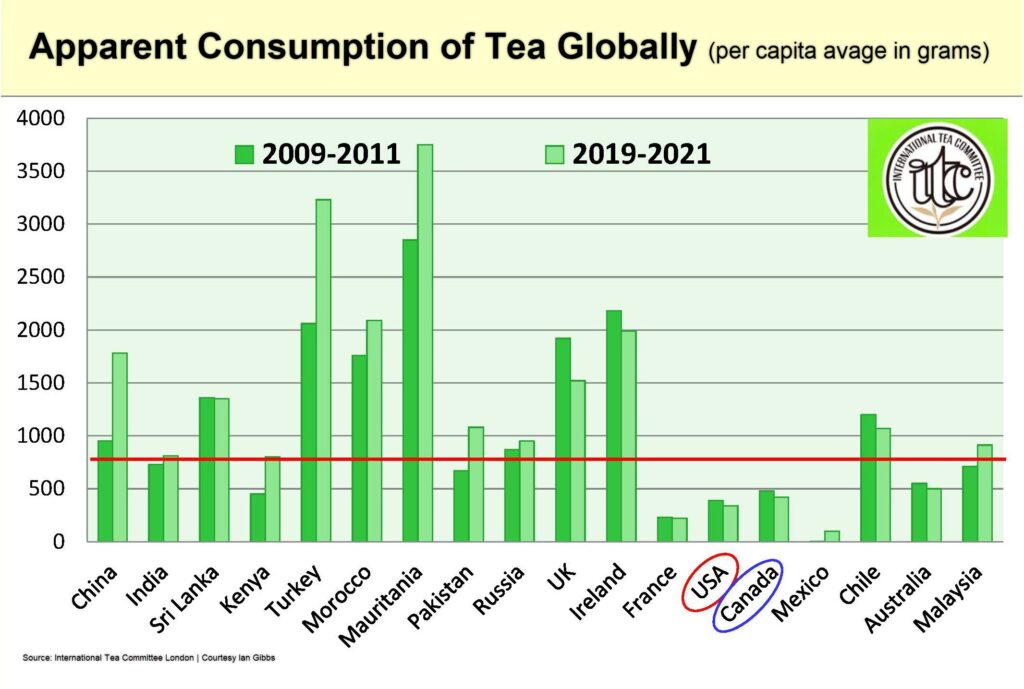Episode 142
Starbucks Announces Ambitious Global Expansion to Operate 55,000 Locations by 2030: Tea Played a Key Role in the Siren’s Record-setting Quarter | Bangladesh May Finally Break an Elusive Tea Production Record
| Research Findings Challenge the Belief that Adding Cream and Sugar to Tea Negatively Impacts Health Outcomes
Tea News for the week ending Nov. 10
PLUS | In October, Transworld, China’s first USDA-certified organic tea producer, and Firsd Tea, the US subsidiary of Zhejiang Tea Group, released the Chinese Tea Sustainability Report, a 12-page survey of perspectives and practices at Chinese tea farms and processing facilities. Jason Walker, marketing director at Firsd Tea in New Jersey and one of the architects of the sustainability report, joins Tea Biz for an in-depth discussion of the results of this ongoing survey.
Listen to the interview
Powered by RedCircle

Starbucks Announces Ambitious Global Expansion
By Dan Bolton
Starbucks CEO Laxman Narasimhan announced a record $9.4 billion fourth quarter to close a $36 billion fiscal year. Revenue was up 12% year-to-year.
The company will expand to 55,000 locations by 2030, 75% overseas.
Executive Vice President and Chief Financial Officer Rachel Ruggeri said, “Our customers continue to favor more premium beverages, creating a new normal for mix and customization. To fuel this, we continue to lean in with innovation, offering our Iced Pumpkin Cream Chai Tea Latte, which boosted tea sales, and Pumpkin Cream Cold Foam, which has become a customization favorite with our customers.”
Gingerbread chai is a hit, I recommend it, Narasimhan told Mad Money host Jim Cramer. Cold beverages, including tea and coffee, are driving sales. Customers add modifiers to cold drinks at a greater rate than hot, and it’s an easier process through the app than anywhere else. These transactions raise ticket and produce personal branding for Gen Z to broadcast via social, according to Ruggeri.
During the past five years, Starbucks opened 9,000 new stores, 7,000 outside the US. In 2023, foreign locations, including 1,429 in Canada, outnumber for the first time the 16,255 US stores. There are now 6,800 stores in China. Starbucks said it will open an average of eight stores daily, many specially purposed as drive-thru only, double-sided drive-thru, and delivery-only locations. Drive-thru transactions account for 50% of US sales; delivery orders expanded by 24% in 2022. During its year-end earnings call, Narasimhan said the company will spend $3 billion in capital expenditures and grow to 41,000 locations by October 2024.
“Our reinvention [announced in September 2022] is moving ahead of schedule, fueling revenue growth, efficiency, and margin expansion,” said Narasimhan.
BIZ INSIGHT – Tea accounts for about 10-20% of beverage sales at coffee shops. Locations serving a wide range of hot and cold teas can increase that share to 20-30% or more. Beverage sales at Starbucks, including tea, generated about 75-80% of revenue, totaling $19.6 billion in FY22, with food products totaling $5.8 billion. Packaged and single-serve coffees and Teavana teas, ready-to-drink products, serveware, and ingredients contributed $6.9 billion, according to the company’s SEC 10-K filings.
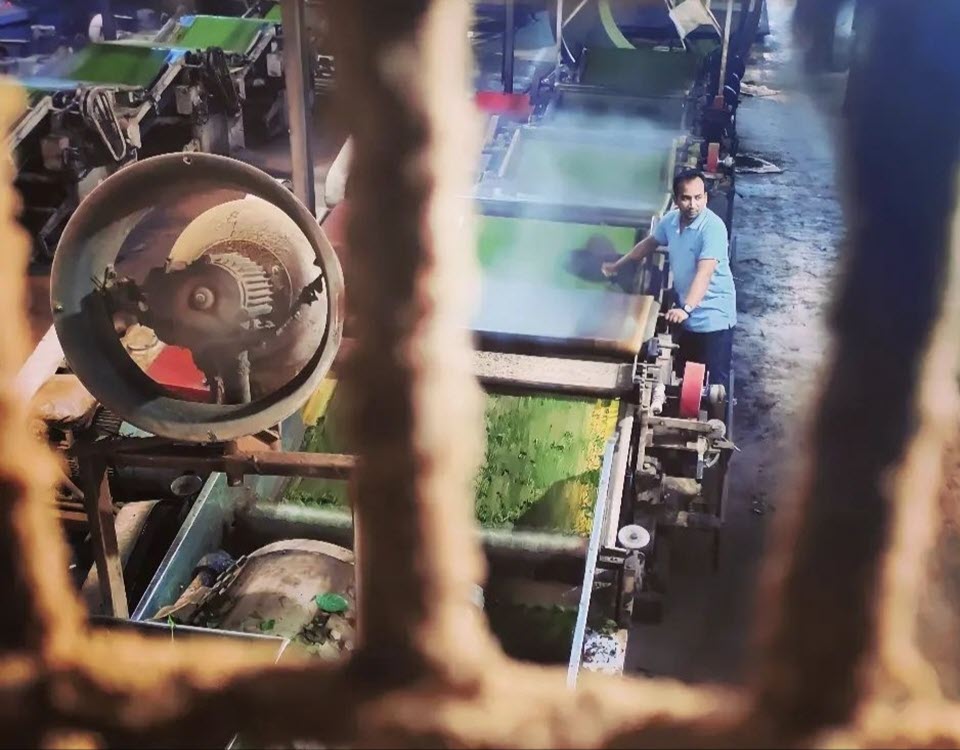
Bangladesh May Finally Break an Elusive Record
By Dan Bolton
During the past decade, the 168 registered tea producers in Bangladesh, encouraged by industry stakeholders, have tried, and tried again to produce 100 million kilos of tea.
Those familiar with the adage, “If at first you don’t succeed, try, and try again,” know the real mistake is to stop trying.
Ispahani’s Mirzapore Tea Estate is 50,000 to 80,000 kilos of green leaf daily into the factory’s black CTC (cut, tear, curl).
It is a historic year, say producers. The growing season started dry, with only 99 millimeters of rainfall recorded in April. At the start of the second flush in May, the country was wet again, and in June, a staggering 995 millimeters deluged the tea lands. July and August totals exceeded expectations at 300+ millimeters, with steady rains through September.
The rainfall led to rapid sprouting of tea buds and record yields per hectare. In 2022, Bangladesh harvested 94 million kilos, a setback from the previous year when harvest totals reached 96.5 million kilos, the current record.
According to the Bangladesh Tea Board, Rajghat Tea Garden in Mouvibazar achieved 470 kilos per acre, about 70 kilos more per acre than any garden in the country. The Consolidated Tea and Lands Company garden produced 2.7 million kilos in 2023. Moulvibazar’s 90 tea gardens account for 55% of the production. Habiganj comes in second, contributing 22% of the tea produced.
Tahsin Ahmed Chowdhury, chief operating officer for estates of the Consolidated Tea and Lands Company (Bangladesh), told the Daily Star, “In recent years, while the industry has been facing irrigation problems due to adverse weather conditions, we have been benefiting from our irrigation system.”
The tea board has not released an official tally, but it now looks like Bangladesh will surge past 100 million kilos to set a 169-year record. Production through September was 69 million kilos, ahead of September 2022 (64 million kilos year to date) and September 2021 (65 million kilos year to date). A strong October and November guarantee the country will meet its production target of 102 million kilos.
Bangladesh is the world’s eighth largest tea producer, accounting for about 2% of global production.
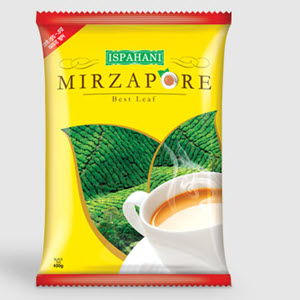
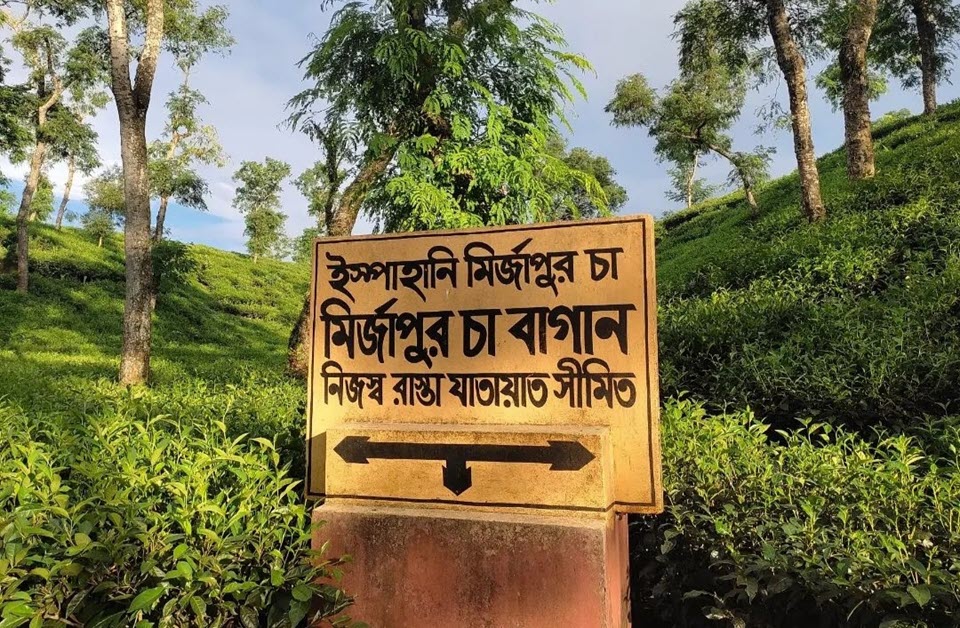
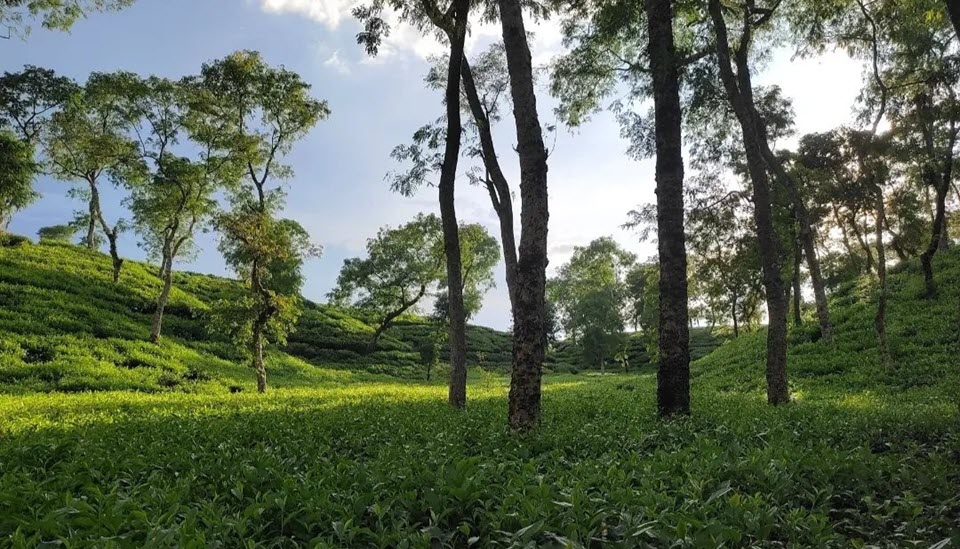
New Research Challenges the Belief that Adding Cream and Sugar to Tea Negatively Impacts Health Outcomes

Medical researchers from Denmark, the UK, and The Netherlands studied whether a daily spoonful of sugar taken with coffee or tea is harmful, publishing their findings in the Oct. 18 edition of the peer-reviewed journal PLOS ONE.
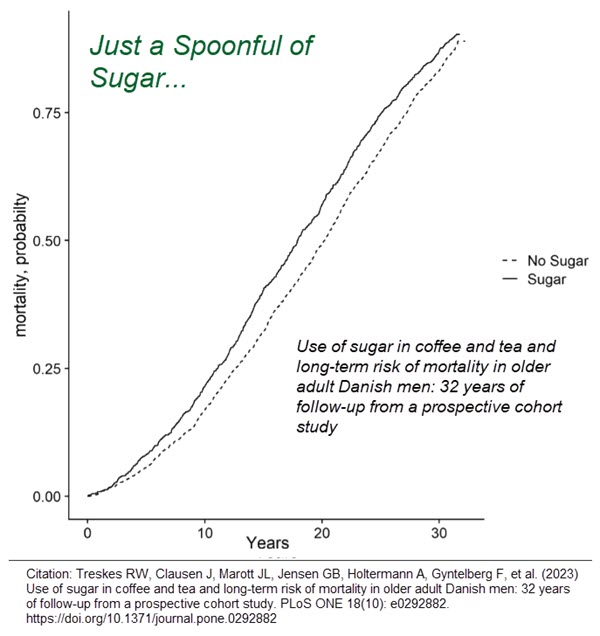
Consuming excess sugar can lead to health issues from obesity and heart disease to tooth decay, but adding sugar to coffee or tea did not pose additional health risks in a longitudinal study of males that dates to the 1970s.
The Copenhagen Male Study identified healthy men ages 40-59 at the onset of the long-term assessment of heart and lung health, diabetes, cancer, and related morbidity. Extensive testing with periodic follow-up has enabled researchers to analyze data from the 2,923 participating men. Complete medical records are available for 99% of participants.
“Overall, they did not find a significant risk for health issues in people in the sugar group versus the “no sugar” group, reports Medical News Today. “The sugar group’s death rate was 89.9%, and the “no sugar” group’s death rate was 87.5%. Over time, there was no statistically significant association between the use of sugar in coffee and tea and all-cause mortality.”
In terms of heart disease mortality, the sugar group also had a slightly higher — but comparable — rate. The sugar group’s rate was 38.2%, while the “no sugar” group’s rate was 35.3%.
Those consuming sugar have a 1% greater likelihood of developing diabetes compared to the “no sugar” group. “When correcting for confounders, there was no statistically significant association between the use of sugar in coffee and tea and all-cause mortality, cardiovascular mortality, cancer mortality, or incident diabetes mellitus,” according to researchers.
ED Note: The American Heart Association recommends no more than nine teaspoons of added sugar for men and six teaspoons for women per day.
– Dan Bolton
FEATURE

Tea Sustainability Perspectives and Practices
By Dan Bolton
According to Jason Walker, most respondents to the 2023 Sustainability Perspectives survey have an improved outlook on progress made in sustainability in the last ten years. They also view present-day efforts more favorably and predict an increased improvement trajectory in the next ten years, adds Walker, 46, one of the architects of the Chinese Tea Sustainability Report. Walker is the Marketing Director at Firsd Tea in New Jersey. His expertise includes business development, market research, and tasting.
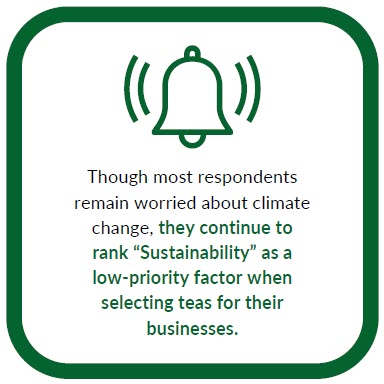
“China set [sustainability] standards, especially domestically, for tea. About 85% of China’s tea stays in China. They said, ‘We have to protect our people and raise our standards internally as well.’” he said. Read more…
Listen to the Interview
Powered by RedCircle
Share Episode 142 | Starbucks Announces Ambitious Global Expansion to Operate 55,000 Locations by 2030 | Tea Played a Key Role in the Siren’s Record-setting $9.4 Billion Quarter | Bangladesh May Finally Break an Elusive Tea Production Record | Research Findings Challenge the Belief that Adding Cream and Sugar to Tea Negatively Impacts Health Outcomes PLUS Jason Walker, marketing director at Firsd Tea in New Jersey and one of the architects of the Chinese Sustainability Perspectives report, joins Tea Biz for an in-depth discussion of the results of this ongoing survey.
Sign up to receive Tea Biz weekly in your inbox.


